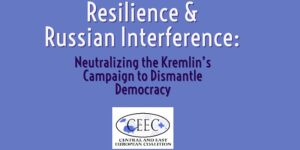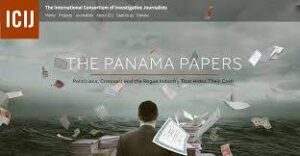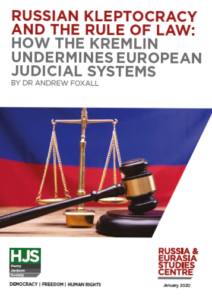Read @apolyakova on the threat to U.S. elections posed by disinformation and conspiracy theories emanating not just from Russia but also from China, Iran, Venezuela, and beyond:https://t.co/wkta5xoHhn
— Foreign Affairs (@ForeignAffairs) September 12, 2020
Resilience and Russian Interference: Neutralizing the Kremlin’s Campaign to Dismantle Democracy
Confirmed speakers: Ambassador William Courtney (RAND); Lieutenant General (Retired) Ben Hodges (CEPA – a partner of the National Endowment for Democracy); Mr. David Kramer (Florida International University); Mr. Viktoras Daukšas (Debunk.eu). Additional speakers to be announced.
The discussion will be held via Zoom – secure link to be provided. If you have questions, please contact the Joint Baltic American National Committee at jbanc@jbanc.org For more information on the CEEC and speakers’ bios, please visit https://www.ceecoalition.us/

 Before Russia’s “
Before Russia’s “ Second, the State Department and the U.S. Agency for International Development should expand funding for independent research groups and investigative journalists working on exposing Russian-linked corruption across the world. The
Second, the State Department and the U.S. Agency for International Development should expand funding for independent research groups and investigative journalists working on exposing Russian-linked corruption across the world. The  The Central and East European Coalition (CEEC) is holding a virtual policy discussion on the Kremlin’s disinformation campaigns, Putin’s recent attempts at revisionism, their role in the changing political landscape, and implications for upcoming elections. Panelists will explore effective counter-narratives to fight back on multiple levels, including in the political, economic, and military spheres, and how the Three Seas Initiative should be a positive factor in this challenge.
The Central and East European Coalition (CEEC) is holding a virtual policy discussion on the Kremlin’s disinformation campaigns, Putin’s recent attempts at revisionism, their role in the changing political landscape, and implications for upcoming elections. Panelists will explore effective counter-narratives to fight back on multiple levels, including in the political, economic, and military spheres, and how the Three Seas Initiative should be a positive factor in this challenge.





